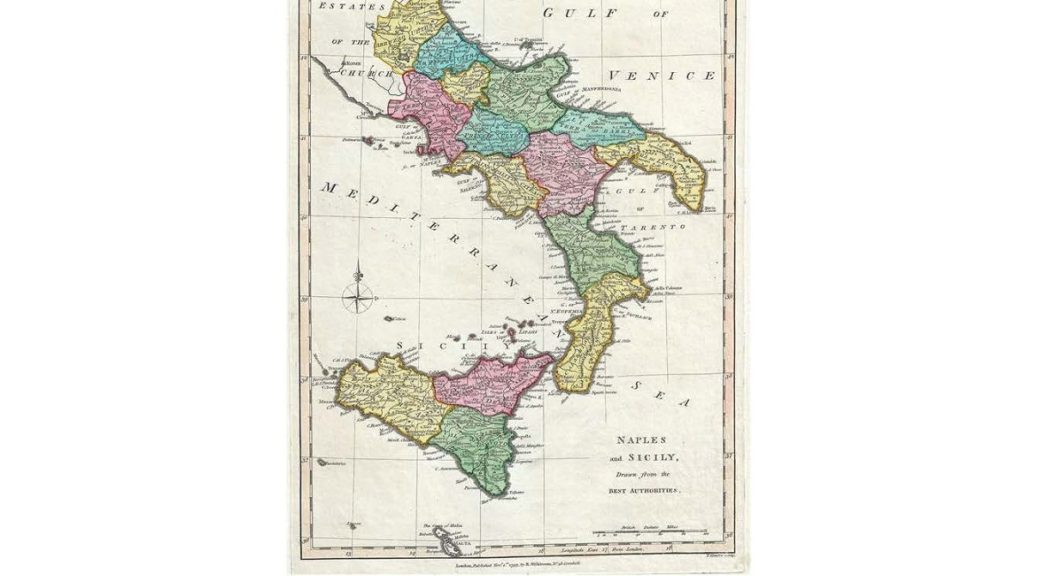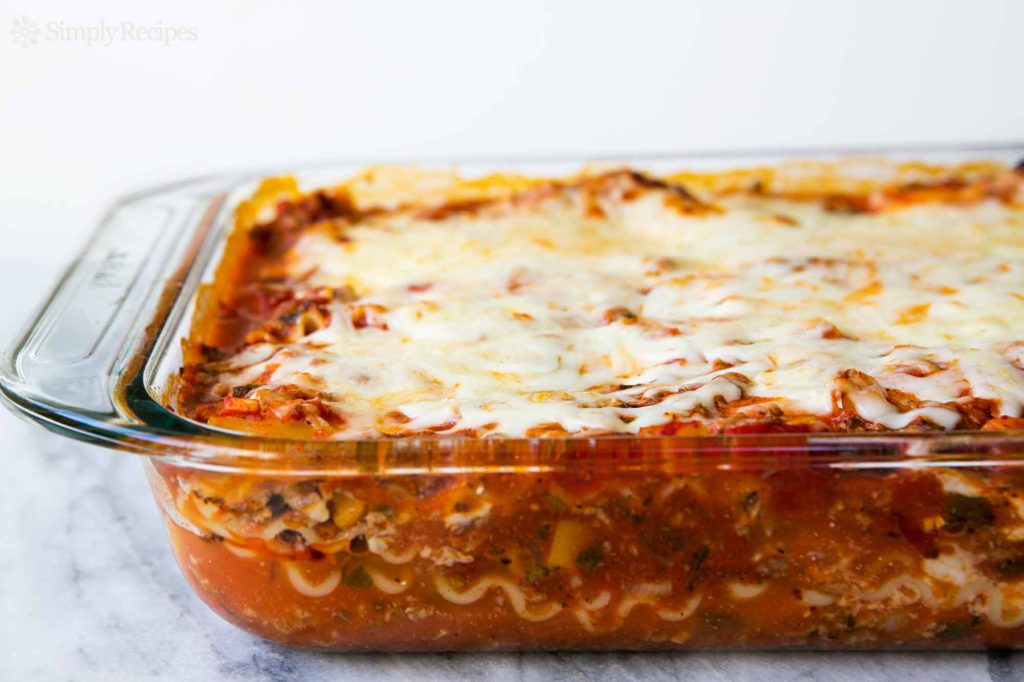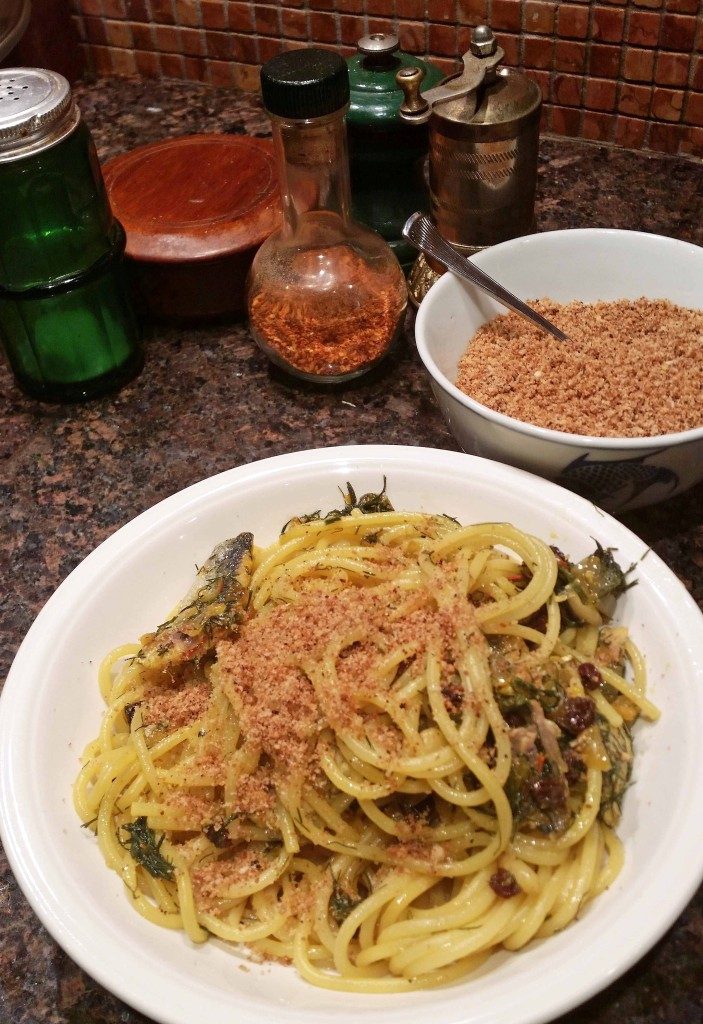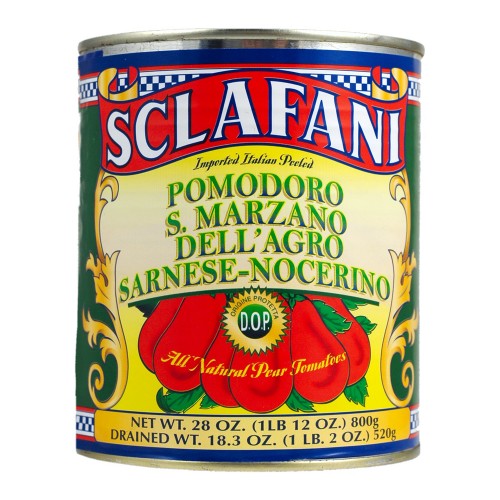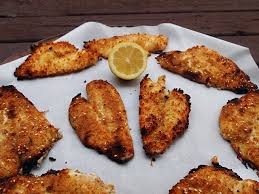Excerpt from La Cosa Nostra
This isn’t about the Mafia. Cosa nostra literally means “our thing.” And in this story, the thing is how an Italian woman feels about her cooking. In New York’s Little Italy there was a Neapolitan-Sicilian cooking rivalry between housewives.
My Aunt Lena, a first-generation Neapolitan-American who grew up in Manhattan’s Little Italy, happened to fall in love with a first-generation Sicilian-American. This wasn’t quite as tragic as Romeo and Juliet. Really, it was no big deal—except where cooking was concerned. Shortly after the wedding, Aunt Lena’s Sicilian-born mother-in-law, Rose, came to dinner. My aunt put together an extensive menu, including a Neapolitan standard: lasagna. The basic family recipe is broad pasta layered and baked with a garlic based tomato sauce, three cheeses (ricotta, mozzarella, and Parmesan), and meatballs “no bigger than a dime.” My mother and aunt could roll these little gems between their palms three at a time.
Rose said she loved it, and sometime after that, she invited my aunt to dinner, saying she liked her lasagna so much she thought she’d serve her own version of it—of course, with a Sicilian twist. In Rose’s version, the garlicky sauce was supplemented with chopped onions. In addition to the three traditional cheeses, Rose added a good amount of provolone. And, layered with the strips of pasta, she added sliced hardboiled eggs and some sopressata. The all-important little meatballs were gone. My aunt politely ate some of Rose’s dish and commented on how good it was, all the while hiding her outrage that a family recipe should be so casually bastardized. She hoped she would soon have her chance to avenge this affront to the cuisine of Naples. She didn’t have to wait long, as March 19th was coming up. That’s the feast day of St. Joseph, when many Sicilian households traditionally serve pasta con sarde. The name means “pasta with sardines,” . . .
So my Aunt Lena invited Rose for a St. Joseph’s day dinner, and said she wanted to serve pasta con sarde. Like a good daughter-in-law, she asked her for her family recipe, and Rose was happy to supply it. My aunt followed the instructions precisely, but during the simmering of the sauce, she added enough crushed San Marzano plum tomatoes (imported from Naples, of course) to turn Rose’s green sauce red. Rose, in turn, controlled her reaction to this wrong-colored sauce, and said it was all delicious. My aunt’s honor was satisfied.
. . . I was twelve when I ate lunch at a friend’s home, where his grandmother served us delicious sandwiches made with breaded flounder fillets. When I got home, I made two mistakes. First, in my innocence, I asked my mother and aunt, “How come your fillets aren’t as tasty as the ones Vinnie’s grandmother makes?” Second, I forgot that Vinnie’s grandmother was Sicilian. My mother and aunt always treated me like a little prince who could do no wrong, but this time I really made them angry.
“If you like Vinnie’s grandmother’s cooking so much,” my mother huffed, “you should eat there from now on.” And she wouldn’t talk to me after that. I knew she didn’t mean it, but I also knew she was very upset. When I sat at my family’s dinner table that evening, hoping the afternoon’s conversation had been forgotten, I discovered that I wasn’t allowed to have any of the pasta lenticchie and pork chops with vinegar peppers everyone else was eating.
“Since you don’t appreciate the way we cook,” announced my aunt, “this is what you’ll eat from now on.” And she and my mother made a big show of serving me a baloney sandwich on Wonder Bread. When I’d finished the sandwich my penance was complete. They forgave me, and gave me my real dinner. And I was very careful to watch what I said about their cooking after that.
. . . Not being able to talk about food, or exchange recipes, or even go grocery shopping together without some subtle eye-rolling, made it difficult for the Neapolitan and Sicilian housewives of my childhood to become close friends. But they did have at least one thing that bound them together: They all looked down their noses at the Toscana housewives from the north who cooked with butter instead of good southern olive oil.
La Cosa Nostra – the whole story from TOMATO SLICES
My Aunt Lena’s Pasta con Sarde Recipe
Traditional Pasta con Sarde Recipe
Pasta Lenticchie and Pork Chops with Vinegar Peppers recipes

